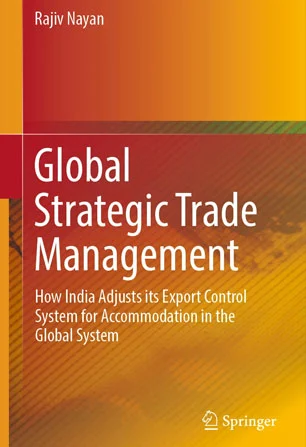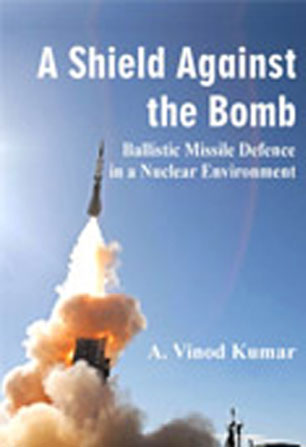US-Iran: The Changing Dynamics and the Likelihood of a Conflict
Washington-Tehran relations have come to occupy centrestage in the recent months given the United States’ current preoccupation with the Middle East. The US-Iran association can be traced back to 1953, when the CIA organised a coup to oust the elected government of Mohammed Mossadeq. Since then, the US has never really disengaged itself from the one of the most strategically important Middle East nations. This paper attempts to identify current US concerns regarding Iran and explores the possibility of a US offensive against Iran similar to that in Iraq.
- Parama Sinha Palit
- January 2004








